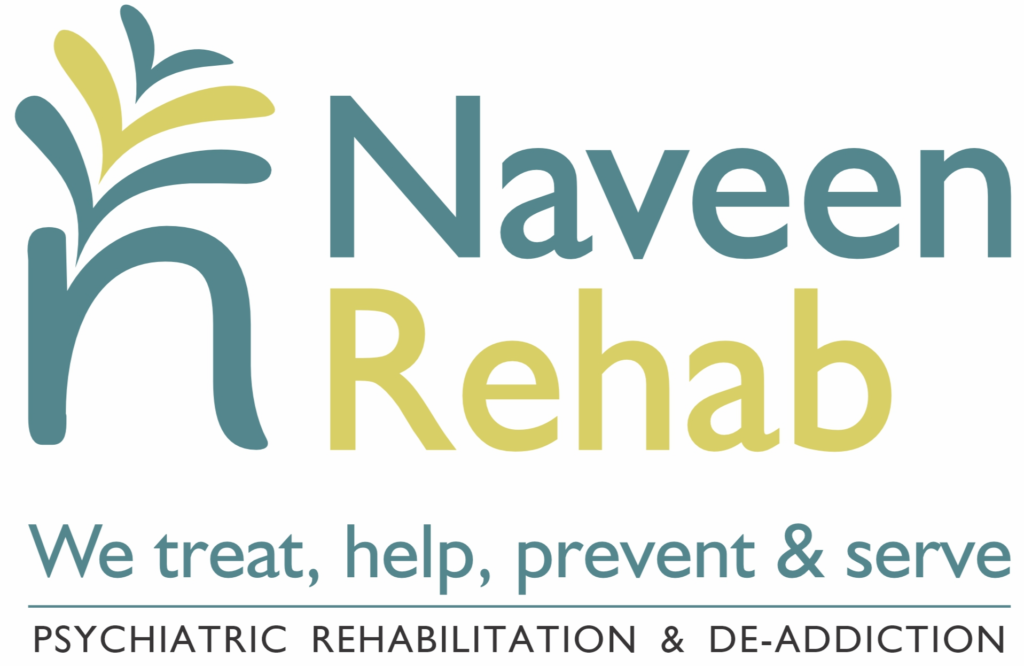
Understanding the Different Types of Eating Disorder Treatment
Eating disorder recovery often involves a combination of treatments tailored to individual needs. Eating disorder therapy is a cornerstone of recovery, addressing the psychological aspects of the disorder. Inpatient eating disorder treatment provides intensive, 24/7 care for those needing immediate, structured support, while outpatient eating disorder treatment offers flexibility, allowing patients to continue daily activities while attending therapy sessions. Eating disorder counseling focuses on building healthy relationships with food and body image, providing emotional support throughout the recovery process. Understanding these options can help individuals and their families make informed decisions on the best approach for lasting recovery.
The Importance of a Multidisciplinary Approach to Eating Disorder Care
A comprehensive recovery plan for eating disorders often requires the expertise of a multidisciplinary team. An effective eating disorder treatment team typically includes a nutritionist who guides patients in developing healthy eating habits, addressing nutritional deficiencies, and creating balanced meal plans tailored to individual needs. A therapist plays a crucial role in helping patients work through emotional and psychological challenges, such as body image issues and underlying trauma. Additionally, a physician monitors physical health, managing any medical complications arising from the disorder. Collaborating with an eating disorder specialist ensures that all aspects of the disorder are addressed, providing a well-rounded and holistic approach to care. This integrated approach significantly improves the chances of a successful and sustainable recovery, as it considers the physical, emotional, and psychological facets of the disorder.
What Happens During the Intake and Assessment Process?
The intake and assessment process is a critical first step in beginning treatment for an eating disorder. This phase involves a comprehensive eating disorder evaluation, where a team of professionals conducts a thorough eating disorder screening to identify the specific type and severity of the disorder. The process includes gathering detailed medical history, psychological assessments, and discussions about eating habits, body image, and emotional well-being. During the eating disorder intake, the treatment team also considers any co-occurring mental health conditions, such as anxiety or depression, that may need to be addressed simultaneously. Based on the eating disorder assessment, the team formulates a personalized treatment plan tailored to the individual’s unique needs.
Accurate eating disorder diagnosis during this phase is crucial for determining the most effective interventions and setting the foundation for a successful recovery journey. By understanding what happens during intake and assessment, individuals and their families can better prepare for the start of their treatment.
Navigating the Challenges and Milestones of the Eating Disorder Recovery Journey
The journey to recovery from an eating disorder is filled with both challenges and significant milestones. Setting clear eating disorder treatment goals is essential for guiding the recovery process and measuring progress. A well-structured eating disorder treatment plan addresses physical, emotional, and psychological aspects, helping individuals regain control over their lives. Throughout this journey, tracking eating disorder treatment progress provides motivation and helps in identifying areas that need additional focus. However, the path to recovery can be complex, and setbacks may occur. Developing strategies for eating disorder relapse prevention is crucial to maintaining long-term recovery. Post-treatment, eating disorder aftercare plays a vital role in sustaining progress by offering ongoing support through therapy, support groups, and regular check-ins with healthcare providers. Navigating these challenges with the right support system and a solid treatment plan can lead to lasting recovery and a healthier, more fulfilling life.
Real Stories of Eating Disorder Recovery: Inspiring Testimonials from Those Who’ve Been There
Hearing eating disorder recovery stories from those who have walked the path to healing can be incredibly inspiring and motivating. These eating disorder treatment success stories highlight the resilience and determination it takes to overcome the challenges of disordered eating. For many, the journey is long and filled with obstacles, but the transformation that occurs is profound. Stories of overcoming eating disorders often involve moments of struggle, breakthroughs in therapy, and the unwavering support of loved ones and professionals. Each eating disorder survivor offers a unique perspective on the path to recovery, providing hope to those still battling their disorder. These testimonials serve as powerful reminders that recovery is possible, and that with the right treatment and support, individuals can achieve a life free from the grip of an eating disorder. The courage and strength shown in these eating disorder transformations inspire others to take the first step toward their own recovery journey.
Conclusion: Embracing the Path to Healing and Reclaiming Your Life from an Eating Disorder
Recovery from an eating disorder is a challenging yet empowering journey that requires courage, commitment, and the right support. By embracing the path to healing, you take the first step toward reclaiming your life from the grips of disordered eating. The process may be difficult, but with a comprehensive treatment plan, the guidance of experienced professionals, and the support of loved ones, recovery is within reach. Remember that every challenge you face and every milestone you achieve brings you closer to a healthier, more fulfilling life. Embrace this journey with hope and determination, knowing that it is possible to overcome an eating disorder and reclaim control over your life.


